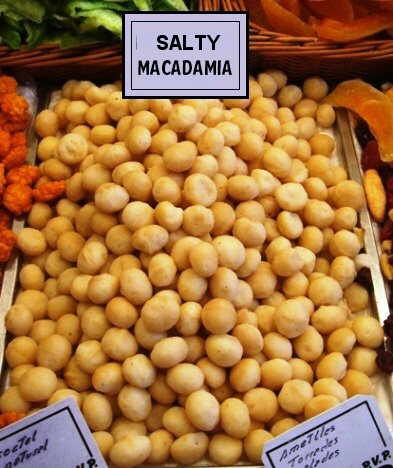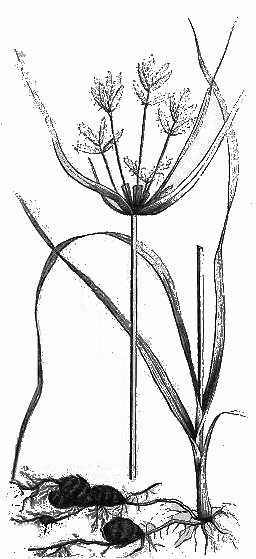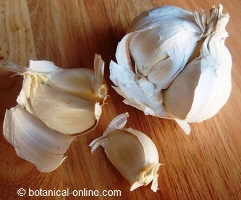Contents
Advantages and disadvantages of whole grains in protein content
Whole cereals are richer in vitamins
During the refining process, cereals lose some of the flour protein content. Among these proteins the most important one is gluten, a protein which is responsible for obtaining a fluffier bread.
Therefore, whole grains are soft and fluffy breads, that will remain tender longer, because its gluten content is higher.
For healthy people, we always recommend the consumption of food from whole grains, since their content in nutrients (carbohydrates, fats, proteins, minerals and vitamins) is more balanced.
In addition, these foods have more flavor to the cereal from which they come from and they better and longer preserve their taste qualities.
At the same time, because they contain gluten, wheat flour and rye flour are not suitable for celiac: they can not eat them, even in small quantities.
Advantages of refined flour
Refined flour is richer in carbohydrates and vitamin B
Refined flour has lost all the nutrients present in the germ and bran. Therefore it is always considered a little nutritious food, mainly for providing energy without fiber and mineral content. But despite its “bad reputation”, this type of flour is useful when we want to enrich healthy calorie dishes.
Although flour is very caloric, this contribution comes from complex carbohydrates (not fat), and concentrated part of the B vitamins, like in other cereal flours.
Flour that does not contain fiber is absorbed almost completely.
This makes it an ideal food for diets to gain weight, because its content in vitamin B increases the absorption of nutrients and., since it is low in fiber, it does not increase bowel habits (and thus, gives more time for the body to absorb these nutrients).
![]() More information about cereals.
More information about cereals.








